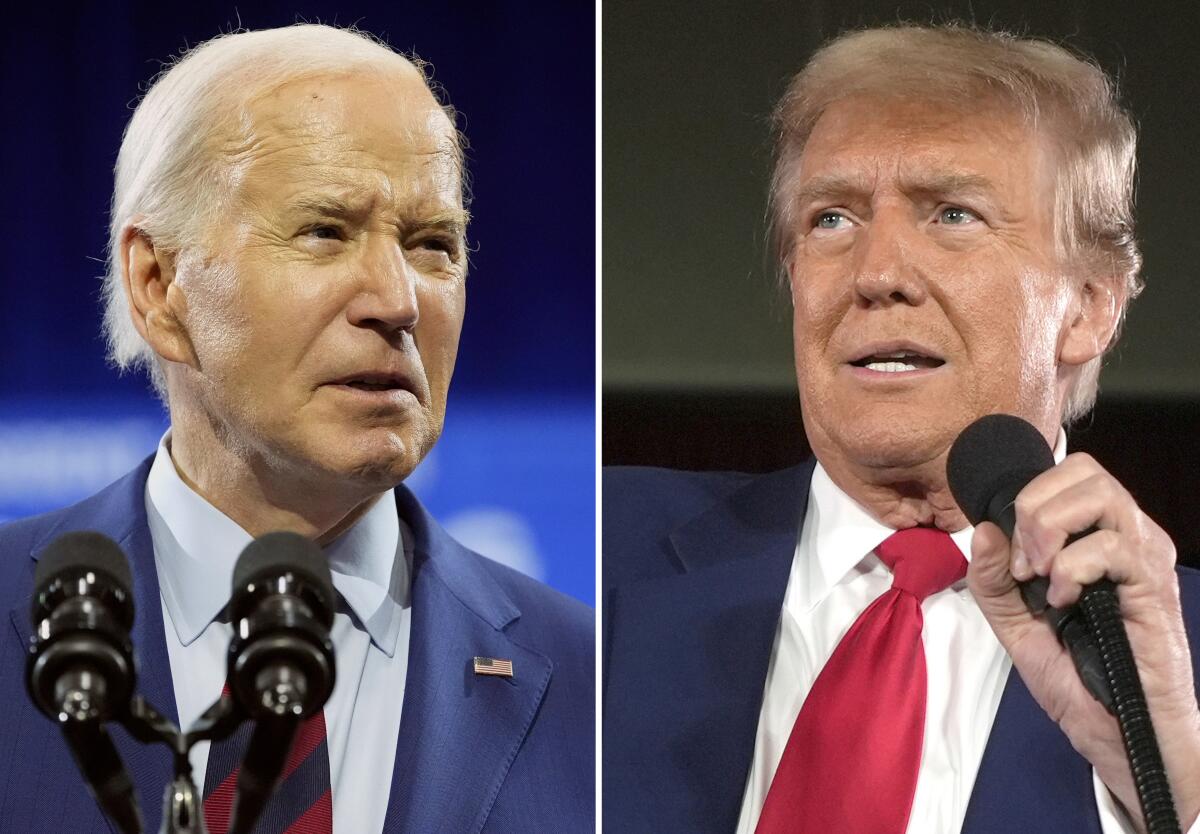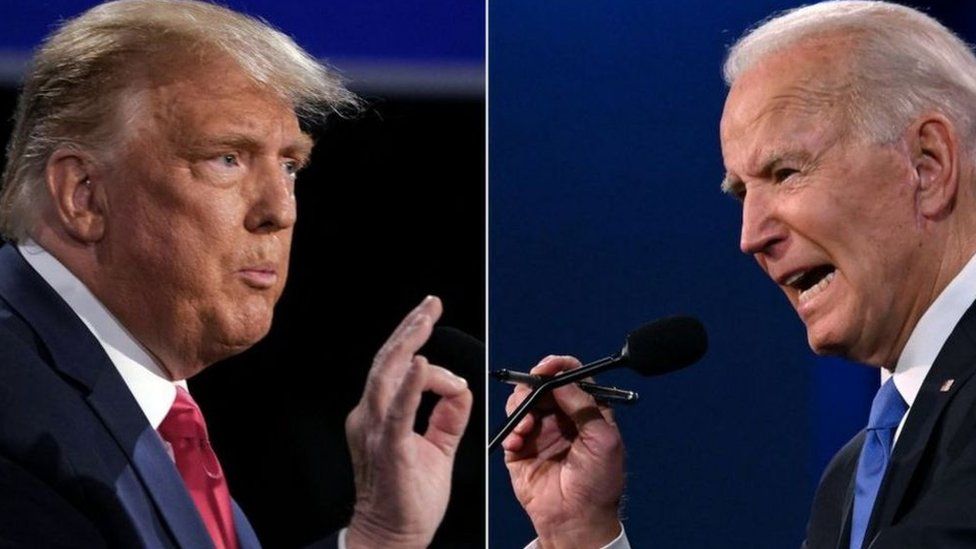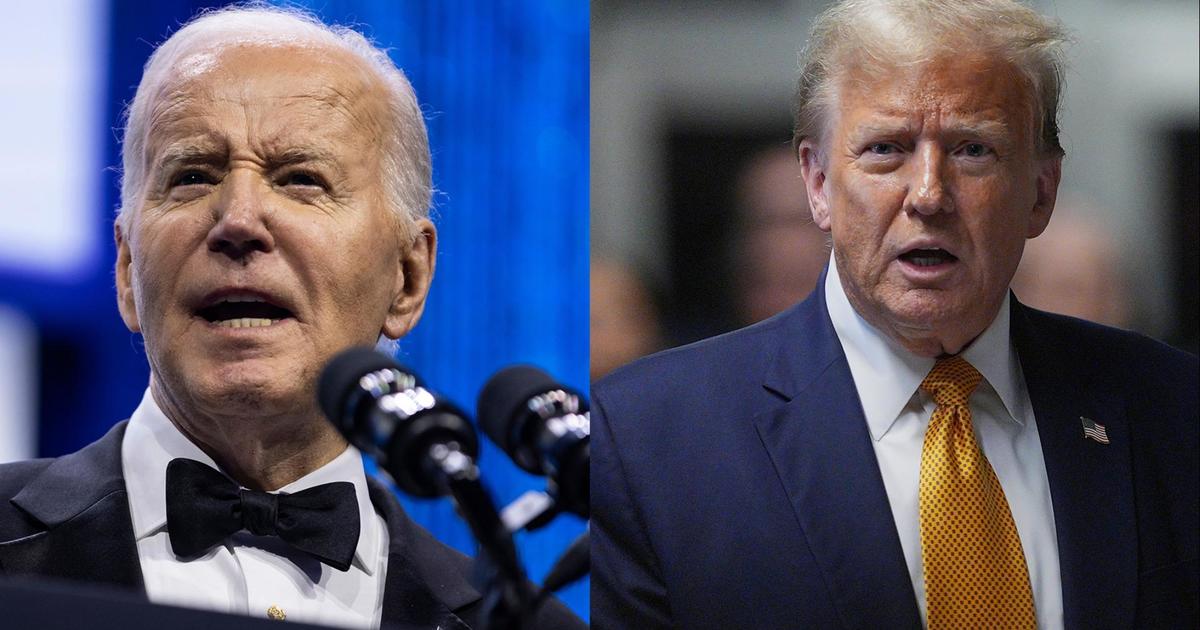President Biden and former President Donald Trump are poised for a showdown in presidential debates scheduled for June 27 and Sept. 10. The announcements came after both candidates accepted invitations from major news networks CNN and ABC News, marking a pivotal moment in the lead-up to the November election. The swift arrangements followed a flurry of activity and proposals exchanged between the campaigns, underscoring the significance of these anticipated face-offs.

Details of the Debate
President Biden took to social media to confirm his participation in a debate hosted by CNN on June 27, urging Trump to join him in the ring. CNN subsequently revealed plans to host the event at its Atlanta studios, emphasizing a format devoid of a live audience to ensure undivided focus on substantive discussions. Eligibility criteria, outlined by CNN and ABC News, necessitate candidates to meet specific thresholds, including constitutional eligibility, FEC candidacy filings, and polling benchmarks.
Limited Contenders and Controversy
With Biden and Trump emerging as the sole contenders meeting the criteria, independent candidate Robert F. Kennedy, Jr. faces exclusion due to polling constraints and state ballot access limitations. Despite the limited field, Kennedy criticized the debates as a collusion to marginalize alternative voices, citing concerns about democracy and fair representation. Meanwhile, reactions from the public have ranged from anticipation to skepticism, reflecting the diverse perspectives surrounding the high-stakes debates.
Debate Dynamics and Scheduling
The proposed debate schedule strategically aligns with key milestones in the electoral calendar, bridging pivotal junctures such as the Republican and Democratic nominating conventions. Biden’s acceptance of a second debate hosted by ABC News on Sept. 10 swiftly drew Trump’s concurrence, with his campaign advocating for additional debates in July and August. However, independent debates sanctioned by the Commission on Presidential Debates were rebuffed by the Biden camp, citing concerns over enforcement and audience disruptions.
Negotiation Dynamics and Terms
Negotiations between the campaigns revealed contrasting preferences for debate formats and venues. While Biden favored news organization-hosted debates, Trump advocated for large-scale, multi-debate engagements. Biden’s team specified conditions such as one-on-one formats and moderator selections from established news networks. Additionally, microphones would be activated selectively to facilitate orderly exchanges and minimize interruptions, a significant departure from the chaotic 2020 debates.
Preparing for Showdown
Preparations for the debates are underway, with Biden enlisting the expertise of seasoned advisors like Ron Klain to refine his strategies. Klain’s commitment underscores the gravity of the impending confrontations, as candidates gear up to present their records and visions to the American electorate. Trump’s campaign, meanwhile, echoes the sentiment for expanded debate opportunities, emphasizing the importance of comprehensive voter engagement and scrutiny.

Anticipation Amidst Polarization
As the stage is set for a clash of political titans, anticipation mounts among voters seeking clarity on pivotal issues. The debates symbolize a critical juncture in the electoral process, offering a platform for candidates to articulate their visions and policies. Amidst a polarized landscape, these debates hold the potential to sway undecided voters and shape the trajectory of the 2024 presidential race, underscoring their significance in the democratic process.
